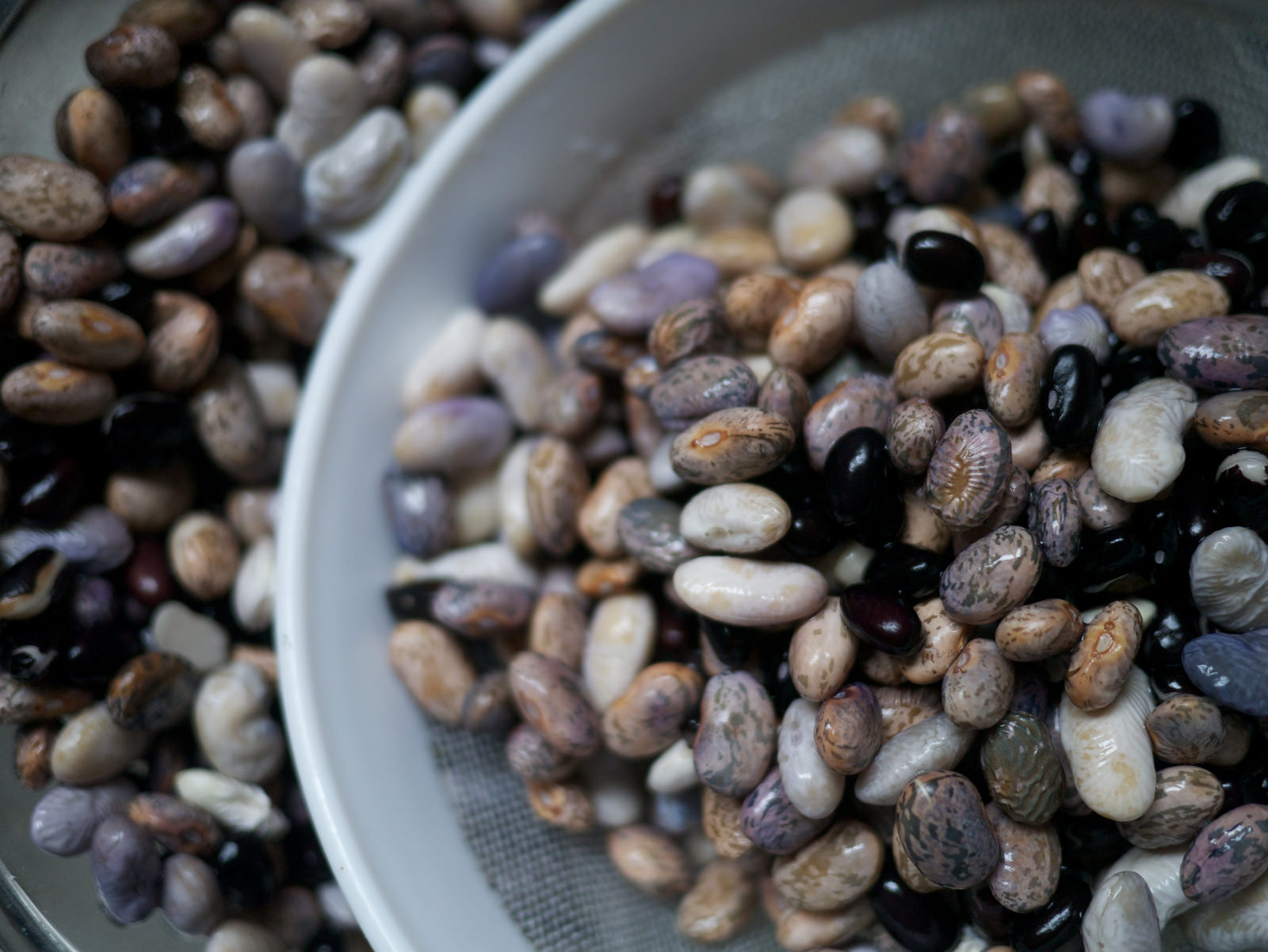Hey all! It's James Davis here, from Summer Camp Revolution. I wanted to share what I thought was an exciting take on (for me!) a pretty tedious aspect of being a camp director: evaluations.
Confession: throughout my camping career, I've hated basically everything about evaluations.
I have resented being evaluated by people above me (who in many cases "observed me" a small fraction of the time I actually spent working at camp. I felt awkward giving others formal evaluations, stiffly offering them insight into their own "strengths and weaknesses." I felt awkward seeking evaluation from others. This past summer, I actually experimented with forgoing formal evaluations for my staff in lieu of evaluating them casually on a single particular thing every day (or every other day, cough).
Then, I had the pleasure of learning about 360 degree evaluations and feedback from new friends Penny and Bill James. For the first time, I heard a case for evaluations that made sense.
The premise is simple. Instead of a top-down evaluation from on high, each person on staff (including the boss-man or boss-woman) is evaluated by... wait for it... everyone else. That's right. A counselor will be evaluated by her director, and her campers, and her co-counselors, and herself. The evaluation meeting that follows is a cross referencing of one evaluation to another.
Patterns will quickly emerge, and real insights are possible. A counselor can easily reject feedback from her boss as "picking on her," but when her campers and co-counselors agree, it has to be taken a lot more seriously. Likewise, counselors who constantly beat themselves up can see that there are areas of strength that they never knew about.
According to Bill, who has implemented this at the University level, self-evaluations transition from being totally unlike those offered by others to closely mirroring them. Staff members learn to see themselves more clearly by seeing how everyone else sees them.
So, what do you think? I might be late to the party on this one, but I know I'm going to try this evaluation system the next time I get a chance.
And I'm curious. Have any of you tried the 360 degree feedback model? And if so, how'd it go?
Thanks, and here's to being lifelong learners!




